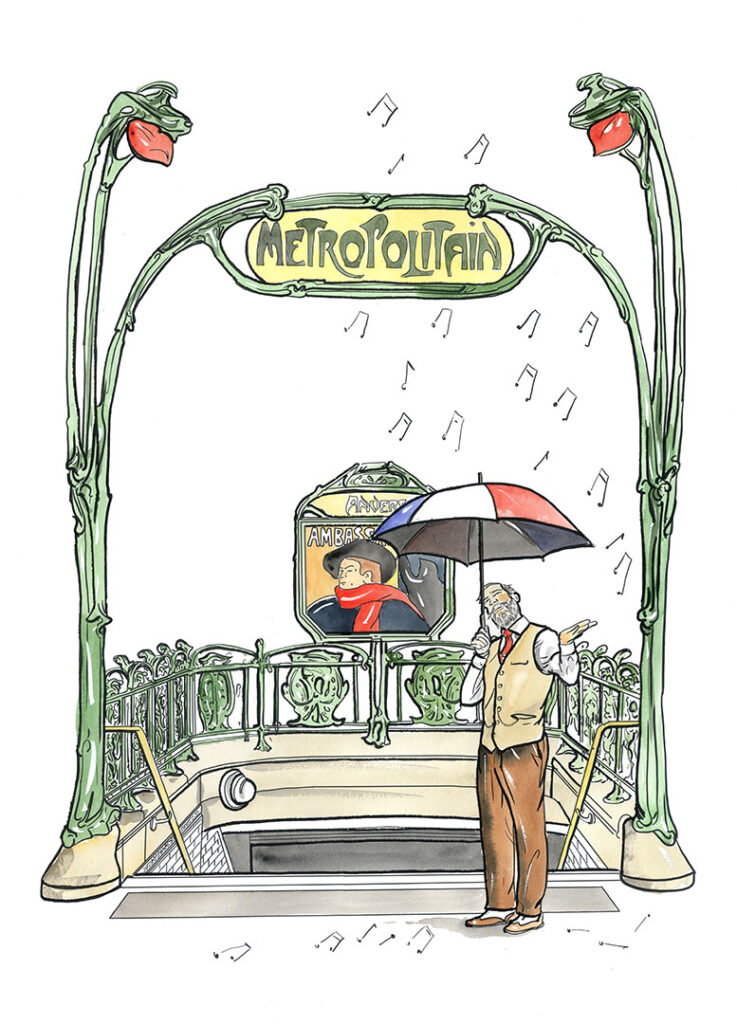
Aristide Bruant: The Iconic Cabaret Singer and Showman
Aristide Bruant: The Iconic Cabaret Singer and Showman. Aristide Bruant, born on May 6, 1851, in Courtenay, France, was an iconic figure of the late 19th century Parisian cabaret scene. He is perhaps best known for his distinctive red scarf, which became synonymous with his flamboyant personality and audacious performances. Bruant's contributions to the world of entertainment left an indelible mark on French culture, as he became a symbol of the bohemian, artistic lifestyle of Montmartre during the Belle Époque.
Bruant's rise to fame can be attributed to his extraordinary talent as a singer and songwriter. His deep, resonant voice was perfectly suited to the songs he wrote and performed, often inspired by the gritty, working-class neighborhoods of Paris. His lyrics, filled with social commentary and satire, resonated with the working-class audience of the time, offering a poignant commentary on the struggles and joys of everyday life.
Perhaps the most iconic aspect of Aristide Bruant was his distinct personal style. He was known for wearing a long, red scarf and a wide-brimmed hat, which became his trademark. This distinctive attire not only set him apart but also inspired many imitators and contributed to his celebrity status. Bruant was not just a cabaret singer; he was a showman who knew how to captivate his audience with his larger-than-life persona.
In the 1880s, Bruant became closely associated with the famous cabaret Le Mirliton, located in the Montmartre district of Paris. Here, he became a central figure in the bohemian artistic community and gained the friendship of many renowned artists of the time, including Henri de Toulouse-Lautrec, who created a series of posters and lithographs featuring Bruant. These artworks further solidified Bruant's status as a cultural icon.
Aristide Bruant was not only a singer but a prolific songwriter. Many of his songs, such as "Nini Peau d'Chien" and "Le Chat Noir," have become classics of French chanson and remain popular to this day. His compositions often drew from the gritty reality of urban life, exploring themes of love, poverty, and the underbelly of society. His songs were accompanied by a passionate delivery, capturing the raw emotions of his lyrics.
Bruant's influence extended beyond his music. He also tried his hand at acting and even ventured into politics. His unapologetic and rebellious spirit made him a vocal advocate for the working class, and he used his platform to express his political beliefs.
Aristide Bruant's legacy endures not only through his music and iconic image but also as a symbol of the bohemian spirit of Montmartre during the late 19th century. His songs and distinctive style continue to captivate audiences, and his contribution to French culture remains celebrated. Bruant's impact on the cabaret scene and his ability to convey the pulse of urban life through his music make him a pivotal figure in the cultural history of Paris and beyond.